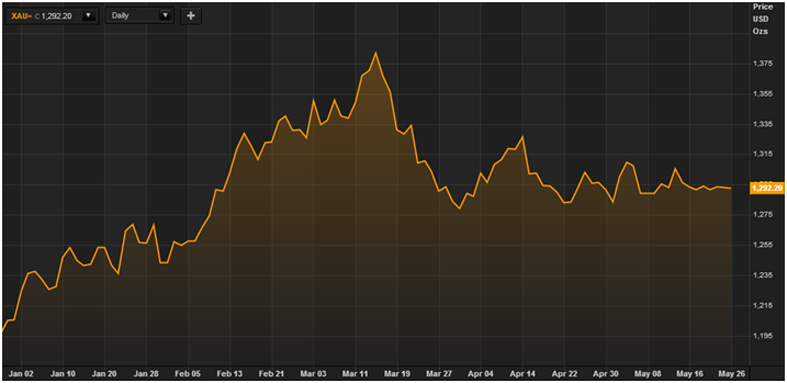In European Parliament elections one thing is clear… Europeans are dissatisfied with status quo
Jon Queally
As election results for European Parliament
across the continent showed a popular disgust for elite parties and the
economic status quo, in Greece it was the leftwing Syriza Party that
best exhibited political victory for those pushing a progressive
anti-austerity agenda in Europe.
“This is a historic win,” declared Syriza’s
youthful leader Alexis Tsipras to a crowd of enthusiastic supporters in
Athens early on Monday. “Today, the whole of Europe is talking about Greece because it condemned austerity.”
As Helena Smith reports for The Guardian:
In a historic day for the left, the anti-austerity Syriza won the ballot by a margin of nearly four points over the conservative New Democracy party led by prime minister Antonis Samaras. Addressing supporters as the results rolled in, Alexis Tsipras, Syriza’s leader, called for general elections to be held immediately, saying the outcome robbed the government of any “political or moral legitimacy” to continue enforcing policies that were overwhelming rejected.
As the country on the frontline of Europe‘s debt crisis, Greece has been forced to adopt excruciating reforms and spending cuts in return for rescue packages sponsored by the EU and International Monetary Fund.
In addition to a notable win by Sinn Fein in Ireland, which also embraces a left critique of EU-imposed austerity, the broader election results in Europe
suggest that anti-austerity and anti-elite sentiment has also created
political opportunity for the continent’s far-right parties who exploit
the economic pains many are feeling to push their anti-immigrant and
nationalist agendas.
This was true in Greece, where even as Syriza
soared in the polls, the neo-Nazi Golden Dawn Party also secured ten
percent of the EU parliament vote. That is enough to send three MEPs to
represent the country in Brussels, even as most of the party’s
leadership remains in prison on charges of political violence and
conspiracy.
And as CNN reports, the rise of ultra-right parties is taking place in numerous other countries as well:
France’s far-right National Front has won a nationwide election for the first time, as far-right parties across Europe caused a political “earthquake,” with a string of victories in voting for the European Parliament.
The National Front, led by Marine Le Pen, notched up 24.95% of the vote in France, according to official estimates, well ahead of mainstream parties UMP and the Socialist Party. Le Pen said the win showed that people want to see change in Europe.
France’s Socialist Prime Minister Manuel Valls said the result was “more than a warning. It is a shock, an earthquake.”
Right-wing parties also gained ground in the UK, Denmark and Austria, according to projections posted on the European Parliament’s official elections website.
Across Europe,
what are called the ‘Euroskeptic’ parties—who mistrust the dominant
role of the European Parliament and the experiment of the EU itself—have
now gained the ability to form a sizeable coalition.
As Deutsche Welle reports,
the European Parliament, though still likely controlled by the
center-right coalition, will now have more than 130 euro-skeptic
representatives:
The new European parliament will have 751 representatives in total. With 212 seats, the conservative European People’s Party (EPP) will be the strongest faction, according to recent projections. They’ll be followed by the Socialists with 185 seats, Liberals with 71 seats, Greens with 55 seats and the radical Left with 45 seats.
Marine Le Pen will use the coming weeks to negotiate possible coalitions. After the successes of rightwing populist or extremist parties acrossx Europe, there will be numerous forces in parliament that are ideologically close to the National Front. Le Pen will likely also talk to the euro-skeptic parties, which will have more than 130 seats in the new parliament.
The British UKIP party, which calls for Great Britain to leave the EU, garnered roughly 30 percent of the vote. That should be enough to get at least four seats in Strasbourg. With the “Dansk Folkeparti” (Danish People’s Party), Denmark also saw a rightwing populist party become the strongest political force. It got around 27.5 percent of the vote and will send 23 representatives to Strasbourg.
_______________________________
This work is licensed under a Creative Commons Attribution-Share Alike 3.0 License. Common Dreams




